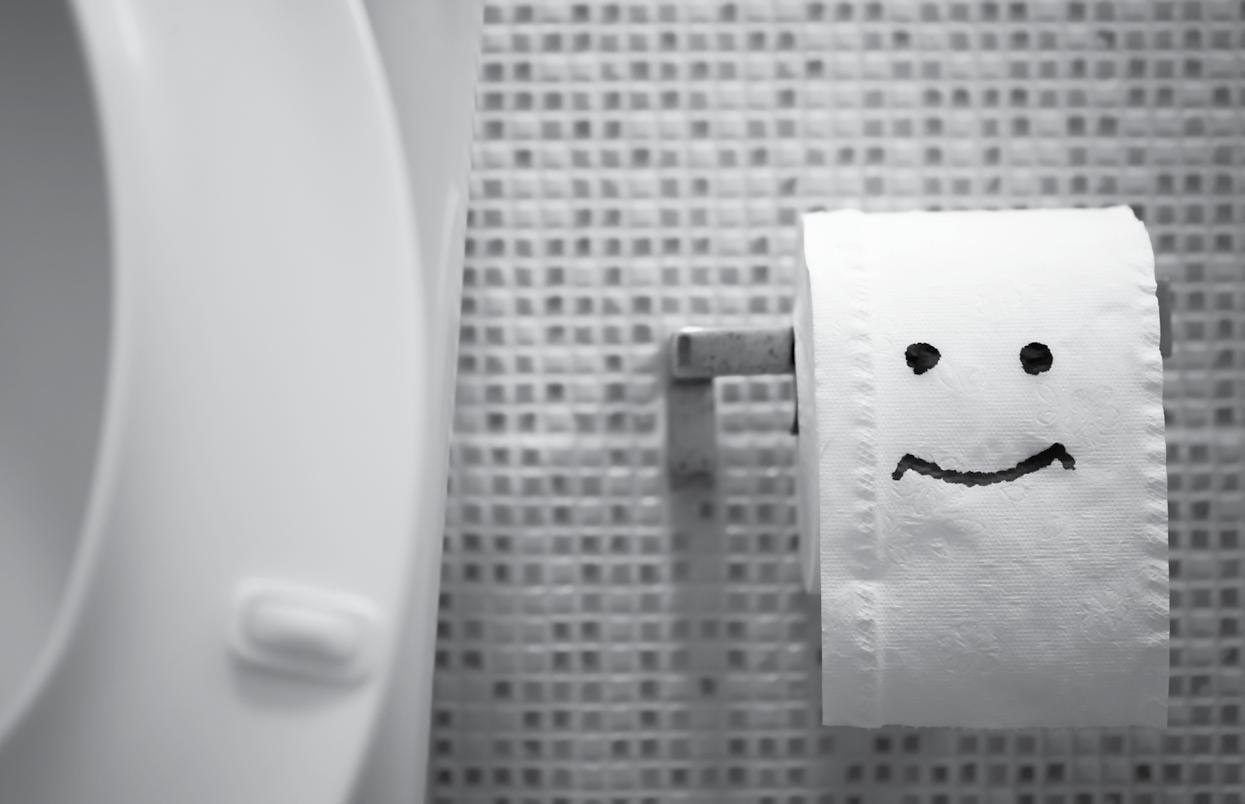
4 minute read
YWP
NSS: sustainable sanitation in light of climate change
Access to water and sanitation is a human right yet to be afforded to all. The unprecedented challenge of Covid-19 has emphasised the vital importance of universal access to water, sanitation and hygiene services. The lack thereof has a devastating effect on the health, dignity and prosperity of millions. By Tinashe Chipako*
Advertisement
Alongside World Toilet Day on 19 November, the WISA Young Water Professionals (YWP-ZA) hosted a ‘Sustainable sanitation and climate change’ webinar to aid in raising awareness about sustainable sanitation technologies suitable for water-scarce countries such as South Africa. The webinar was honoured by seven panellists from government, academia and business. These guests shared their insights on the challenges faced by 14 million people and over 3 600 schools in South Africa that are without safe sanitation.
Ashton Busani Mpofu, national lead, YWP-ZA, opened the webinar with a quote from the great Nelson Mandela and posed a question as to why we have not attained universal access to sanitation given the availability of suitable sanitation technologies: “Massive poverty and obscene inequality are such terrible scourges of our times – times in which the world boasts breathtaking advances in science, technology, industry and wealth accumulation – that they have to rank alongside slavery and apartheid as social evils.” Sustainable NSS Lusanda Agbasi from the Department of Water and Sanitation opened the discussion with a presentation on the role of non-sewered sanitation (NSS) systems for sustainable, inclusive sanitation in South Africa. She noted that only 83.4% of households in South Africa have access to sanitation, but that the levels of sanitation vary greatly from province to province, with the Western Cape leading in terms of widespread access, while Mpumalanga still has some way to go.
She reminded the attendees about SDG 6 (universal access to water and sanitation by 2030) and emphasised that, in order for us to meet this goal, it is important that we understand the problem from the point of view of all stakeholders and institutions, which must work together collaboratively with #AllHandsOnDeck to effect change.
Sanitation in action Following on was Lungi Zuma from eThekwini Municipality, who – in responding to a question from the audience – asserted that eThekwini is at the forefront of providing appropriate sanitation facilities, through its partnership with several public and private institutions, municipalities and technology providers. Within these partnerships, workshops and stakeholder engagement meetings are hosted to promote knowledge sharing. One of the municipality’s successful partnerships was with Gugulethu Primary School, Khanyisa Projects and the University of KwaZulu-Natal (UKZN). Themba Sibaya from Gugulethu Primary School spoke about this successful sanitation project.
The school had a significant shortage of sanitation facilities. An innovative NSS system solution that diverts urine, recovers nutrients and recycles water for flushing was installed. In addition, solar panels were installed on the roof of the container that houses water-efficient toilet units and waterless urinals. This, together with water recycling, has helped in reducing the utility bills for the school. She noted that there is immense benefit to the students, particularly girls, who now get to be at school even during their monthly cycles.
Global perspective Next, Arun Kumar, from UKZN’s Pollution Research Group, provided insights into
similar challenges faced in India. He highlighted the Swachh Bharat Mission, a government-run initiative started in 2014 focused on eliminating open defecation and improving solid waste management in India. Since the onset of the mission, an impressive 62 million individual house toilets and roughly 6 million communal and public toilets have been built.
Further insights into sustainable sanitation solutions and their impact on users from a South African perspective were provided by Tapuwa Sahondo, also from UKZN’s Pollution Research Group, who added that 31% of people worldwide use sanitation that is not connected to sewers. She noted that significant investment is still required to make leaps forwards. She went on to share numerous pilot studies conducted by UKZN, all of which had a large emphasis on decentralised wastewater treatment, as well as the recycling of water mainly for flushing.
From a user perspective, it was noted that these systems are no different to regular flush toilets, as the front end is very similar. In addition, some of the technologies can produce biogas and generate electricity through microbial fuel cells.
Dr Samuel Getahun, from the Pollution Research Group and Umgeni Water, followed, confirming that the water-food-energy nexus and circular economy are among the driving factors influencing the innovation of new technologies. Getahun spoke of a circular sanitation economy in which the nutrient loop is closed and the recovered nutrients are reused rather than disposed of – the waste products from 80 people could be applied on one hectare of agricultural land.
Finally, Naomi Korir from Sanivation shared the sanitation challenges and successes experienced by Sanivation in Kenya. The company primarily deals with the beneficiation of faecal sludge and has helped ensure the provision of sanitation to tens of thousands of individuals across Kenya.
She noted that roughly 10% of waste in East Africa is treated. While efforts are being made to provide NSS in Kenya, there are a number of barriers to full implementation. These include a lack of robust regulations and self-sustaining (and cost-effective) sanitation solutions, inadequate budget allocations, and low user acceptance. Additionally, other panellists highlighted health risks posed by pharmaceuticals and contaminants of emerging concern, as well as opaque markets as other major barriers to NSS, particularly the products produced.
The webinar highlighted that, while great leaps have been made in providing sanitation in South Africa, especially in large metros and in the advancement of technology, there is still a long way to meeting SDG 6 by 2030. South Africa will need investment, a change to its regulations, the promotion of co-creation or co-design sanitation projects with the public to promote user acceptance, and transparent markets.
*Tinashe Chipako is a water and wastewater engineer at Zutari.










